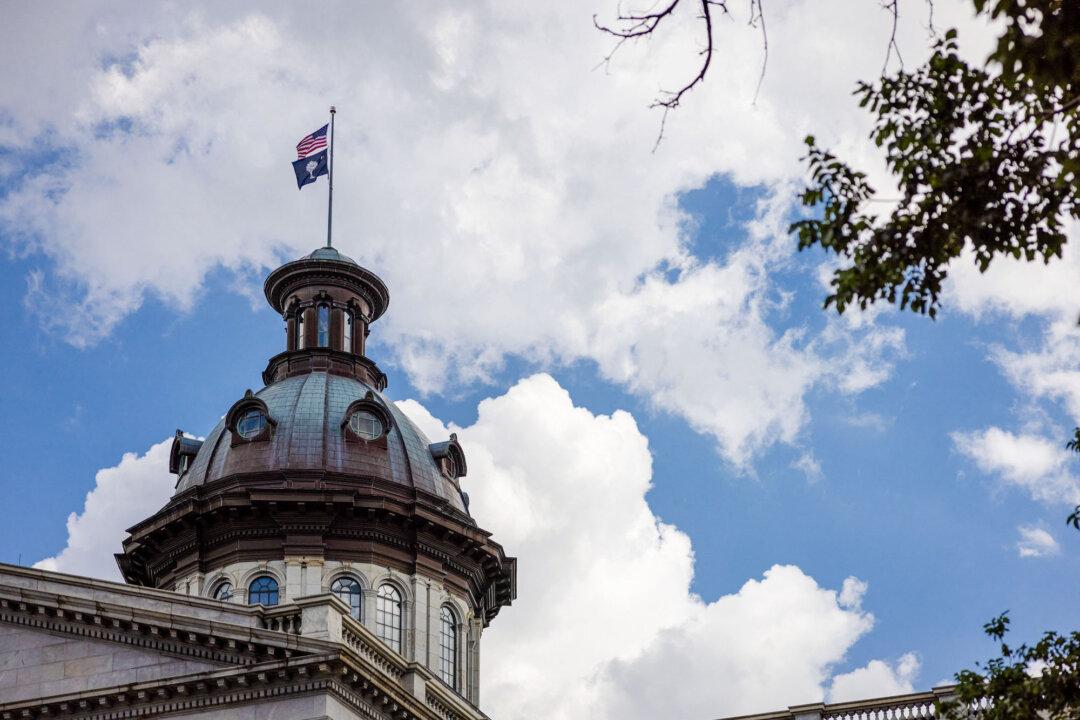The South Carolina Supreme Court has ruled that a key part of the state’s school voucher program is unconstitutional, halting an attempt to help low income families with private school tuition.
The court’s 3–2 decision, issued on Sept. 11, found that the Education Scholarship Trust Fund (ESTF) Act violates the state Constitution by directing public funds to private educational institutions.





